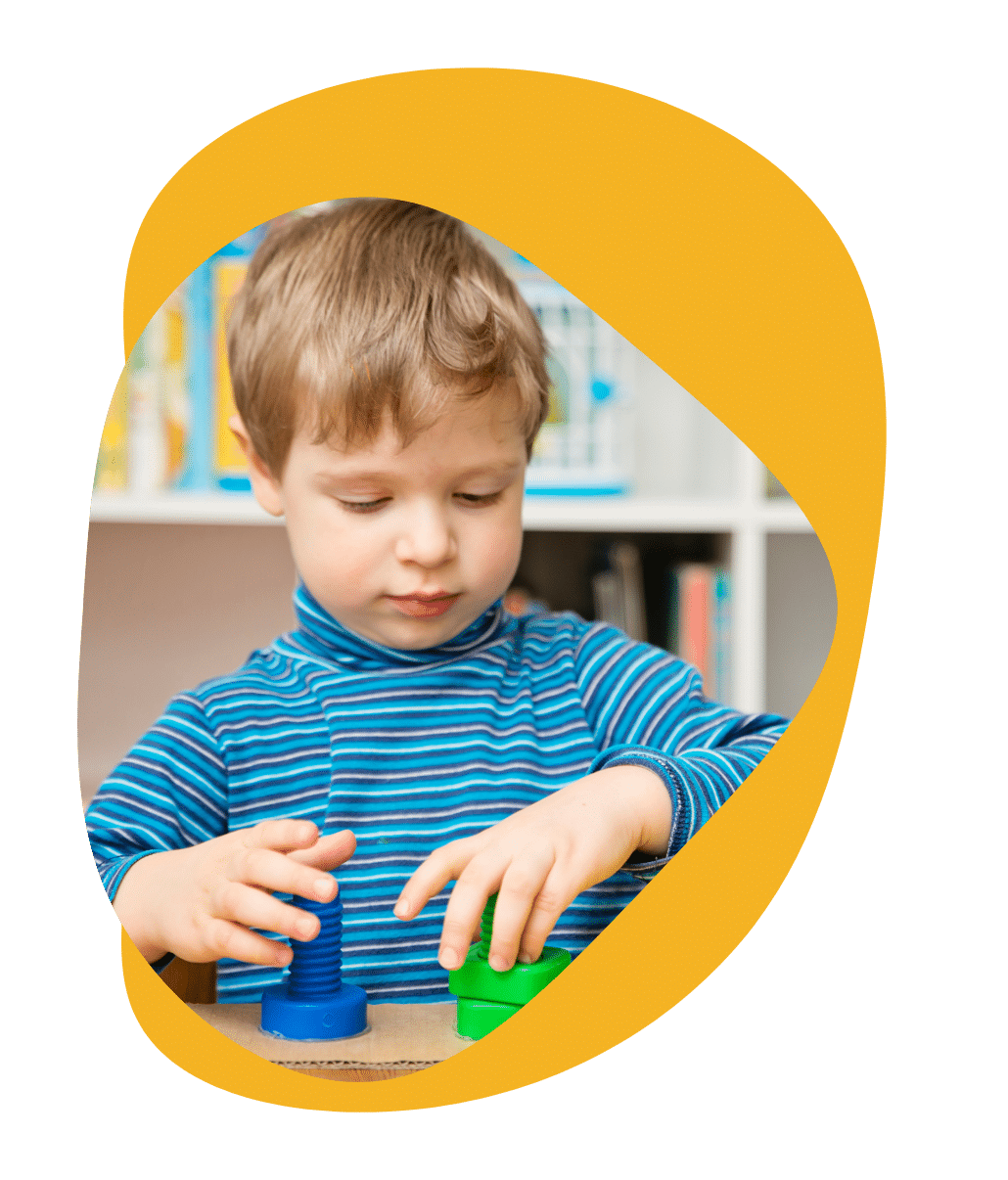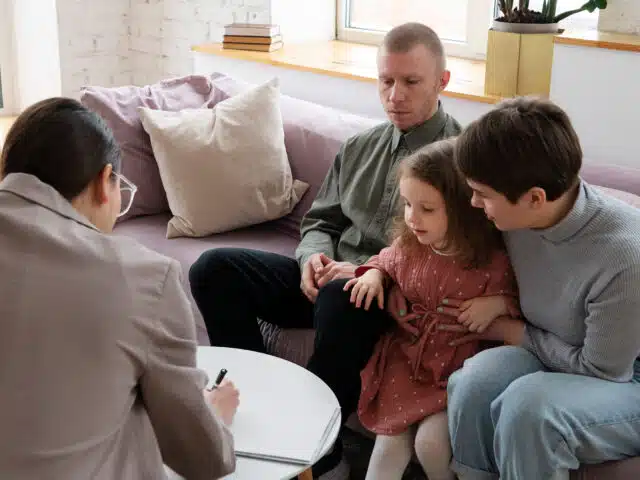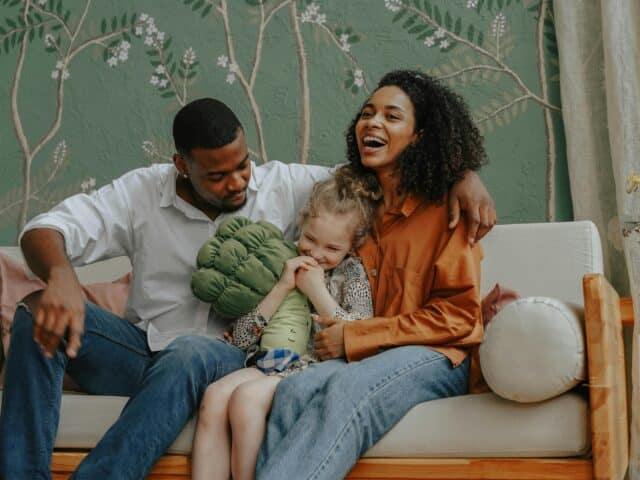Our Foster Care Matching Process
We work closely with Local Authorities to ensure all placements are closely matched to our carers.

How does our matching process work?
Matching foster carers with their foster child is an essential part of any fostering journey.
Any child entering the foster care system is already living through an incredibly turbulent time in their lives. It’s our job to ensure that this process is as seamless as possible, and that they’re matched to a foster family who are right for them.
See the full process here:
Step 1: Create a profile
The assessor will create a fostering profile based on you and your family.
Step 2: Placement officer visit
A placement officer will talk to you and get to know you. It’s their job to learn all about your fostering requirements.
Step 3: The matching process
You’ll then be matched with your new foster child/young person.
Step 4: Meeting your foster child!
It’s time to get to know your foster child, introduce them to your family and help them settle in.
The step-by-step process
Create a profile
As part of the initial assessment process, your assessor will create a foster care profile for you and your family.
This will detail everything, from hobbies and culture, through to what age of child would best suit you as an individual or family.
Ensuring that this profile is an accurate representation of you, your family and your friends is incredibly important, as it will be used to find your perfect foster care match.
Placement officer
Each Foster Family will have an approval type, this will be carefully thought about during the assessment stage and will factor in the carers skills, experience, family makeup and other household factors.
For example a two parent family with two teenage sons may not be the right environment for a teenage girl, equally a family with one spare bedroom would not be able to accommodate two children above a certain age of differing genders, each are unique and agreed up on during your assessment panel.
This approval is used to guide the placement team to the types of children or young people that can be placed within each of the family homes, should a child be referred that meets the basic approval requirements (age, gender, location, placement type), the placement team then work on the finer details of matching that child with that family.
It’s a fairly complex but essential process that can take weeks to work through.
The matching process
At this stage, you’ll have been fully approved and deemed a fantastic home for a foster child – congratulations!
Using your profile, the placement officer will start matching you with your new foster child.
You have control here, ask any questions that you need.
Meeting your foster child!
The big day has finally come – you’re meeting your foster child!
On the day, the social worker will accompany the child/young person to your home. They’ll introduce them to you and your family (it’s good to have your biological children/partner available for the day). The social worker will stay for as long as the child needs them.
There will be a planning meeting in advance or within 72 hours after the child arrives. This is an opportunity for ensure that everyone is on the same page and working together to support the child!
Keep up to date with CAF!
Find the latest fostering news here.
Whether you’re looking for fostering tips, or you want to know what’s going on, this is the space for you!
1 of 3
Why foster with Children Always First
The benefits of CAF
24-hour support
We understand that fostering isn’t always the easiest thing. It’s important to us that you never feel like you’re alone. That’s why we operate a 24-hour support line, and every household has their own supervising social worker for support.
Sector-leading training
We offer all of our foster carers, both new and experienced, access to extensive training specific to their needs. All training is flexible and can be delivered online or on the weekends, if necessary. It’s our job to ensure you’re ready for anything.
Dedicated youth team
Our dedicated youth workers add an extra layer of support. Each child aged five years and over is allocated their own youth worker, who will work alongside you, mentoring and engaging with your foster child ensuring children are able to reach their full potential.
Therapeutic parenting focus
Therapeutic parenting is about creating a sense of belonging in the foster parent/child relationship. We offer support and training for any foster carer to adopt a therapeutic parenting style of parenting.
Frequently Asked Questions
What is the first step in the foster care matching process?
The first step in the foster care matching process involves assessing the needs and preferences of both the foster child and the foster family. This helps ensure compatibility and a successful match.
What role does the placement officer play in the matching process?
The placement officer plays a crucial role in the matching process by carefully considering the needs, preferences, and circumstances of both the foster child and the foster family. They facilitate the matching process to ensure the best possible match for everyone involved.
How are foster carers matched with foster children?
Foster carers are matched with foster children based on various factors, including the carer’s experience, location, ability to facilitate transportation to school, and support for contact with birth families. The aim is to ensure compatibility and provide the best possible environment for the child’s development and well-being.
What happens during the first meeting with a foster child?
During the first meeting with a foster child, foster carers should aim to make them feel welcomed and comfortable. They may engage in activities to break the ice and get to know each other, while also addressing any immediate needs the child may have. The focus is on building trust and rapport, laying the foundation for a positive and supportive relationship. A youth worker will also come out to introduce themselves to the young person and provide them with children’s guide to fostering and our agency.








